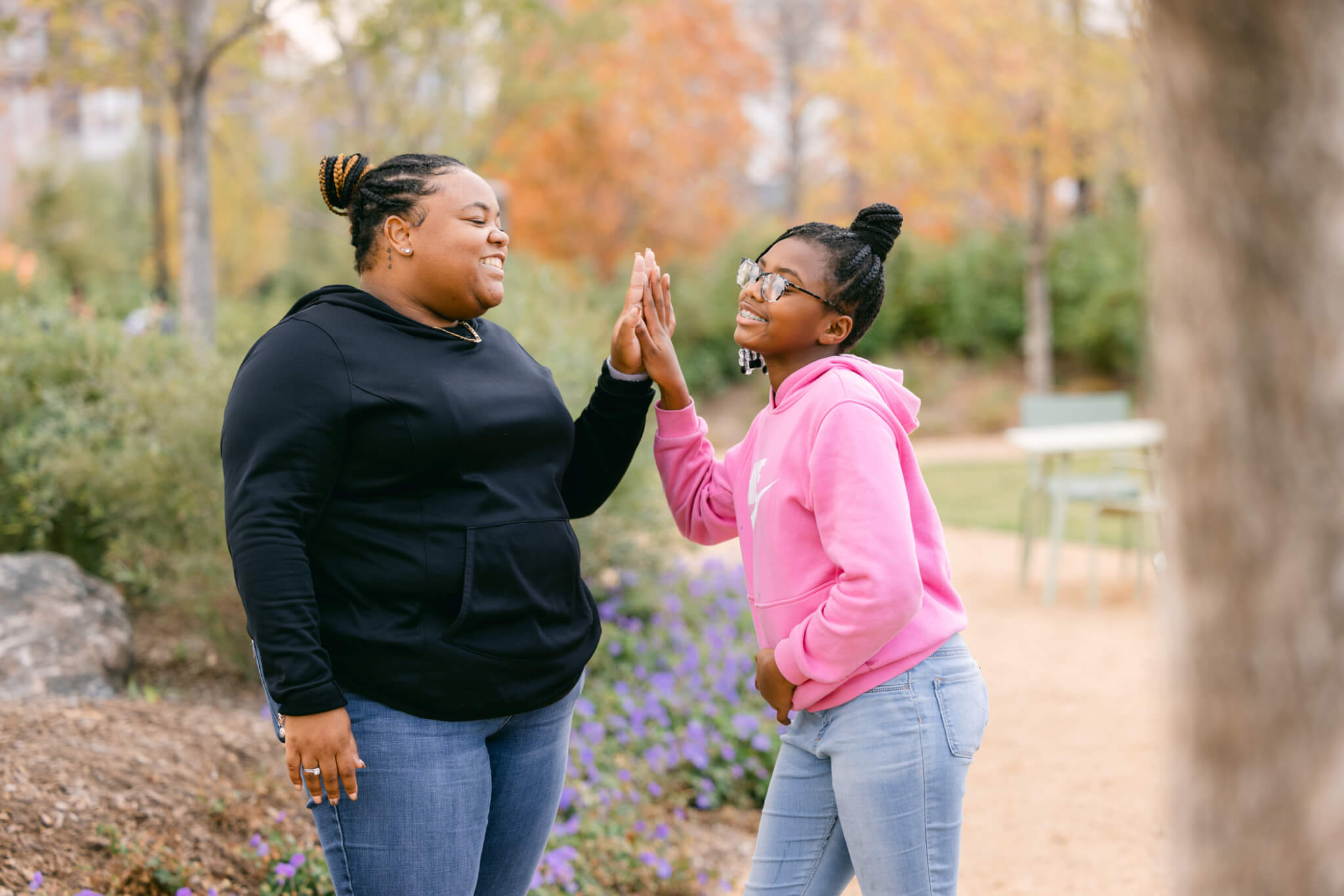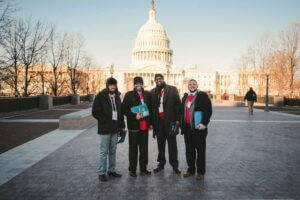The Important Role Mentoring Plays for Youth in Foster Care
Mentoring Partnership, Campaigns, Our Affiliates, In Real Life, Education
There are few more resilient groups in our culture than the young adults aging out of foster care. They have bounced back from multiple placements, trauma, and often times, abuse. Some have been reunified with their loved ones, found forever families, while others have joined a community of support. But one thing that is true for most, if not all of our youth thriving after foster care, is that they’ve found at least one significant person that believes in them and challenges them to be the best versions of themselves. This person is often a mentor.
Mentoring is essential to everyone’s development whether it happens organically or formally. For the majority of youth in foster care, there is no safety net to rely on during the transition from dependence to independence. This places even more importance on those caring adults whom they learn to trust over time.
More than anything, youth in foster care need a caring and consistent adult. Youth in foster care are just like any other kid, they want to have fun and be loved unconditionally. However often times they experience challenging situations and have to make adult decisions. The need someone to bounce their ideas off of, someone that will listen and be there, but also knows when to share sound advice and guide them towards their goals.
Mentors are able to provide that sense of security and guidance for their mentees even in formal programs, (ie Big Brothers Big Sisters). However, many traditional mentoring programs are not equipped to support youth in foster care. Resources and formal training need to be available for programs that want to support system involved youth. When a child is experiencing a placement change, leaving behind friends, belongings, and natural mentors, a formal program offers that same child stability in their rocky situation – their mentor is someone that follows them throughout their journey, is in tune to their needs and can advocate for them.
Although our youth in foster care have many champions, caseloads are often large. This is another area I’ve seen mentors support youth in foster care. By working with the social workers, a volunteer matched with one child has the capacity needed to give additional support. The devotion I have seen from volunteer mentors is unparalleled. One mentor I worked with helped to move his mentee 200 miles away, stayed committed to visiting him monthly, and then moved him and his family again when things didn’t work out in their placement. Could you imagine the cost if quantified in dollars? Volunteers don’t ask to be reimbursed monetarily, and there is no reimbursement more genuine than unconditional positive regard. The love that a match shares from the duel investment of time and consistency is something that will pay itself forward for the entire community.
If you are a parent or young person in search of a consistent adult, you can find a local program through the Mentoring Connector at www.mentoring.org. Programs can’t do the work that they do without volunteers and support. If you are interested in supporting a youth through a mentoring relationship, the Mentoring Connector can help you locate a program too.


